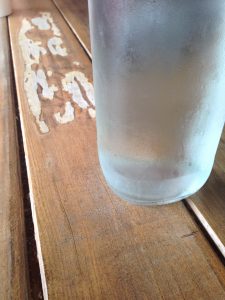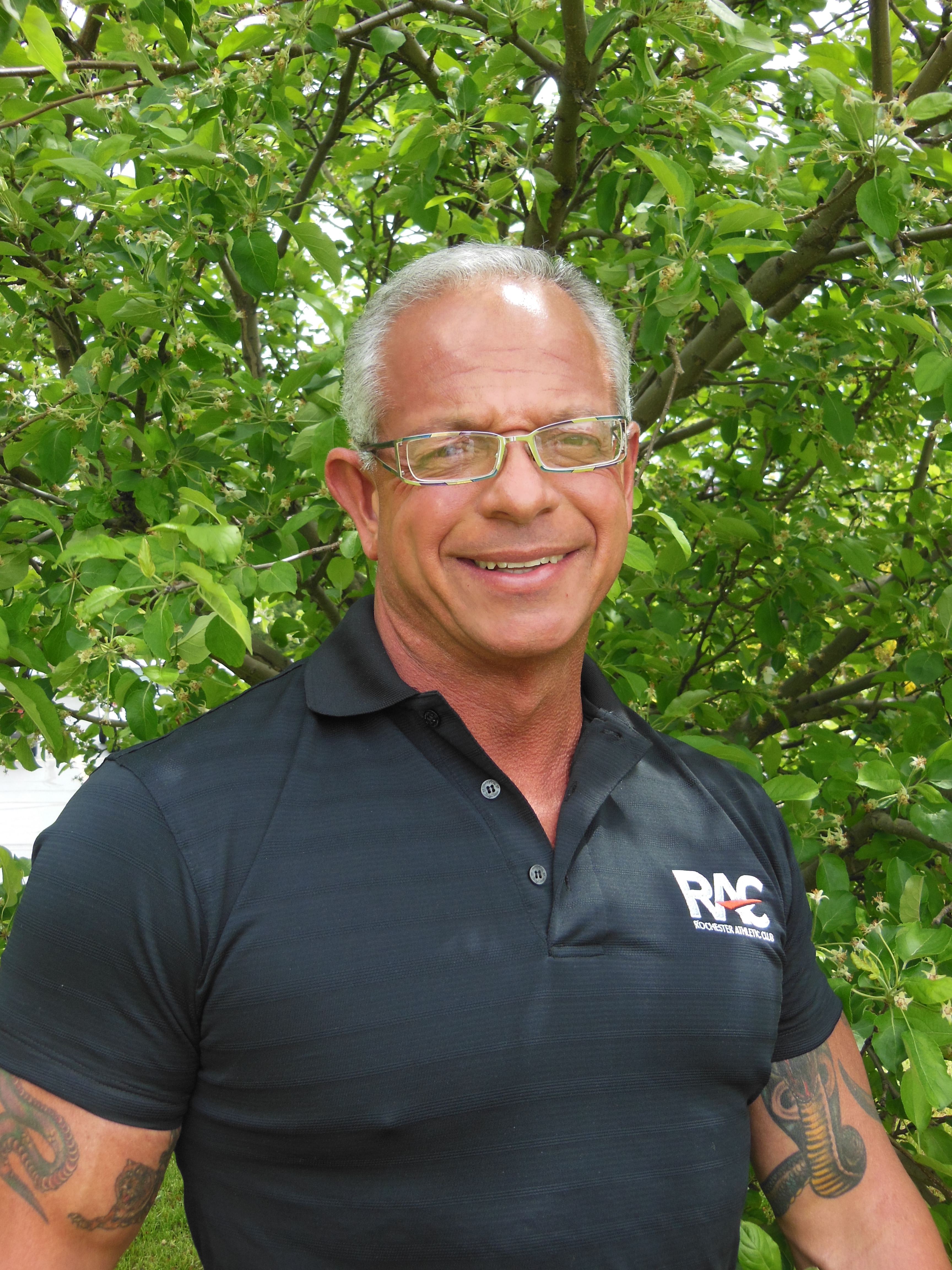Water has many very important jobs to do in the body. The first is to help the body perform day to day duties. The human body is composed of approximately 70% water, so it would seem obvious that we need sufficient water intake to keep our bodies running smoothly. Such bodily functions are: expanding and contracting muscles, breathing (water keeps the lungs moist), controlling internal and external temperatures, lubricating our joints and allowing all other organs to do their jobs. Our blood is what carries nutrients to all tissue and rids those tissues of lactic acid, a byproduct of muscles during exercise, and other metabolic waste products. Because our blood is 90% water, without it our tissues would starve and we could literally poison ourselves in our own biochemical wastes.

In order to keep an elderly person functioning efficiently, they should try and drink about 96 ounces of pure water each day; that equals eight 12 ounce glasses. For those who are overweight, the daily water requirement increases by eight ounces for every twenty five pounds of excess body weight. Unfortunately, drinking other fluids that contain mostly water, such as coffee, tea, fruit juices, beer, wine, and so on, do not sufficiently satisfy that need.
Sufficient water intake, along with keeping the body running smoothly, will also help in losing weight. When there is a water shortage in the body, its automatic reaction is to retain what water it does have. That retained water becomes increasingly contaminate3d with waste chemicals produced from bodily functions. The kidneys, whose job is to rid the body of waste products, are not able to flush out enough of this poisonous water and therefore are overloaded. When this happens the liver will attempt to get rid of the poisonous waste and become less efficient in performing one of its major duties, and that is changing stored body fat into usable energy. As a result, body fat will increase because stored fat is not being converted into energy.
Some hesitate to drink large amounts of water because they believe it will increase water retention. Actually, the opposite occurs. When there is enough water in the system, the body senses the shortage is over and the kidneys can resume getting rid of toxic wastes produced by the body. When this happens, the liver can return to its primary function of converting stored fat into energy. Therefore, with a proper balance of caloric intake and physical exercise ,the body is better able to reduce the amount of stored fat.
 Robert Bovee Certified Master PPT, RTS, ETS, FTS
Robert Bovee Certified Master PPT, RTS, ETS, FTS
As one of the most successful Professional Personal Trainers and Exercise/Fitness Therapists in the United States, Robert continues to remain at the forefront of the industry by providing his clients with a thorough education and the tools to implement that education. By improving his client’s physical health, strength, endurance, cardiovascular fitness and nutritional habits, he is able to motivate them to lead longer, happier and more productive lives. Find out more about Robert and his personal training career and services, here.
Guest authors offer experience and educational insights based on their specific area of expertise. These authors are contributing writers for the NFPT blog because they have valuable information to share with NFPT-CPTs and the fitness community at-large. If you are interested in contributing to the NFPT blog as a guest, please send us a note expressing your interest and tell us how you can contribute valuable insights to our readers. We look forward to hearing from you! Send to editor@nfpt.com

